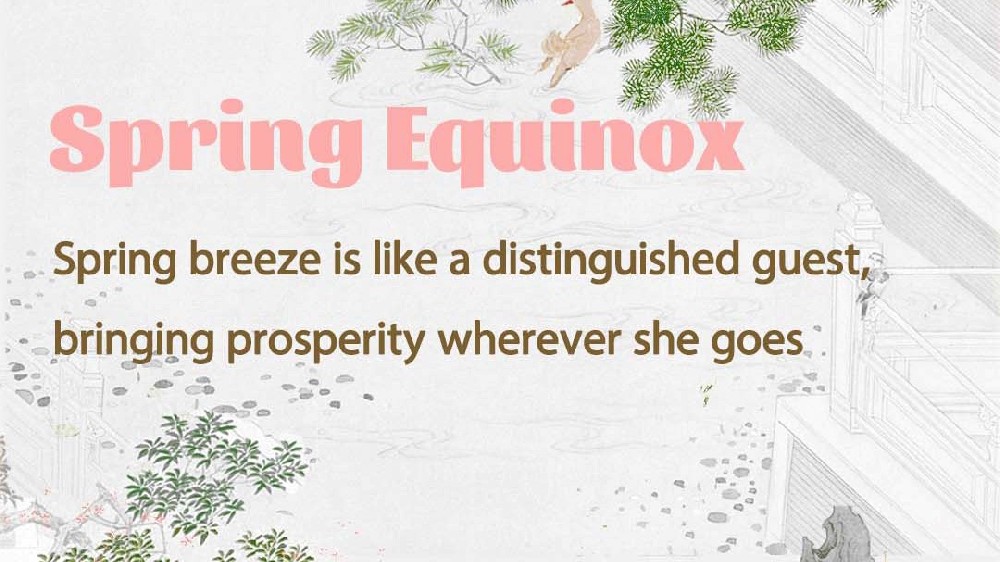Shamanism: the Harmonic Spirit World
The indigenous people of Heilongjiang Province in northeast China are among the ethnic groups that practice shamanism. Shamanic culture differs significantly from the Buddhist and Taoist traditions that were prevalent in ancient China, representing a unique cultural heritage of Northeast China.

Photo credit: Official WeChat account of Shuangyashan
The origins of shamanic culture predate organized religion. Shamanic beliefs hold that spirits exist in everything, that there are humans and gods, and that the shaman serves as the messenger between the two.
Shamanic culture originated in the mountains and forests. In ancient times, the people who lived there believed that all things in nature were influenced by mysterious powers, with various gods capable of controlling natural phenomena. During the hunting process, they recognized their own vulnerability and developed a sense of reverence for the strength and survival skills of animals. The contrast between human frailty and nature's power gave rise to shamanic culture. People believed in the gods, admired the animals, and obeyed the laws of nature. As societies evolved, clan tribes emerged, and people began to honor their ancestors, believing that their blessings would protect families for generations.
Multiple worship is a prominent feature of shamanic culture. To satisfy the community's beliefs, shamans act as a bridge between the earth and the gods, praying for peace through distinctive rituals. These rituals often involve dance. The shaman, dressed in a 30 kg sacred garment made of deerskin and adorned with ornaments, carries a small drum and sticks, performing rituals twice daily at 4:00 AM and 4:00 PM. Unlike monks or Taoist priests, shamans are not detached from productive labor and hold no special privileges; both men and women can serve as shamans. In the eyes of practitioners, shamans are seen as prophets and sages, earning the respect of the community.
With the development of society, shamanic beliefs have gradually been discarded, and now only a small number of people retain these beliefs. It is slowly transforming into a cultural heritage. While people may no longer believe in specific gods, the admirable qualities associated with shamanism—such as a love of nature, respect for animals, remembrance of ancestors, and equal treatment of all beings—have emerged as praiseworthy values. These qualities contribute to the spiritual fabric of modern society.

